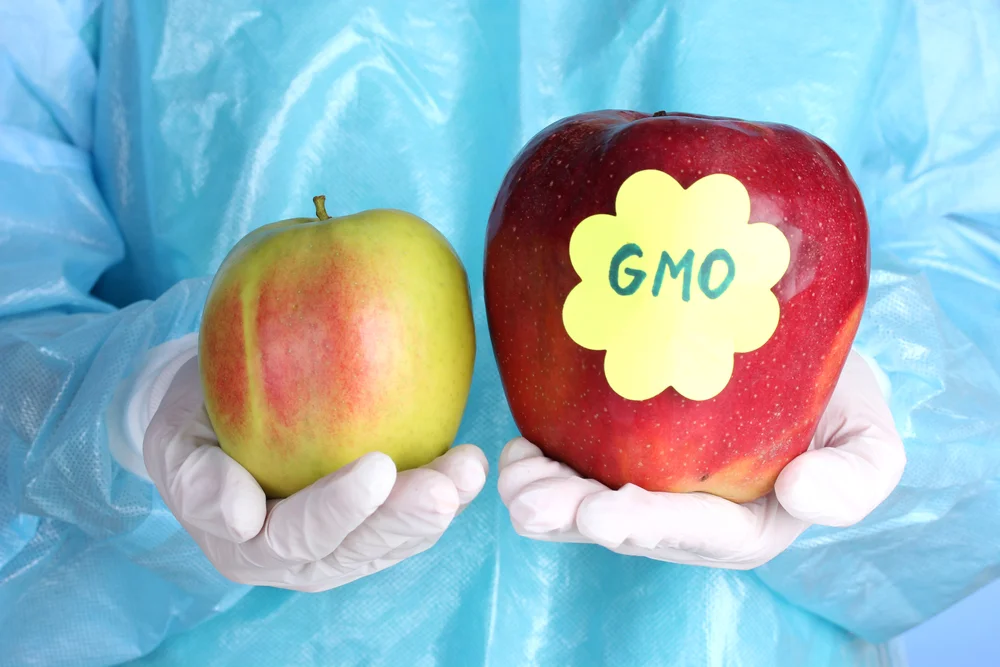Understanding GMO v. Non-GMO Fruits + Vegetables
/The U.S. Department of Agriculture has recently approved genetically modified apples (GMO), modifying them to resist browning and lock in freshness for a longer period of time.
The main idea behind genetically modified technology is for longer lasting fruit.
But there's a lot of debate around this.
Many health professionals are concerned about this type of engineering getting into our system. Some believe it may change the whole ecosystem of bacteria and how it forms. Can it cause cancer? We have no data to prove it. Does it change inflammation levels in the bowels altering good bacteria? We don't really know. Some studies show that GMO fruits affect kidney and liver function.
Food labels: Awareness is key.
As long as people are aware that a specific piece of fruit has been genetically modified, we can move forward. This is is in 80% of our food and vegetables like corn, soy beans and even cotton. It's everywhere and we can't avoid it. But as long as people know what they're getting.
It's still up for debate.
Whether GMO fruits, vegetables and other foods are going to change our hormones or lead to diabetes, insulin resistance and obesity - we don't know.
GMO has had some positive outcomes. A few years back, scientists were able to create rice modified to have more vitamin a. This helped many poor countries with low nutrition and minerals readily available. Considering the diabetes and obesity epidemic we are facing in America, can we just blame it on sugar and salt? We're not sure. Scientists should take a closer look at these GMO methods and more testing needs to be done.
Modifying food to make it more insect-resistant is a good thing because then the crops are less perishable. But for aesthetic purposes like less browning in apples is not for sensible health reason.
The bottom line is we don't know the long term effects of eating GMO fruits and vegetables in what it does once it gets into our system. Proper food labels is key with this particular issue and please be aware of this when you're grocery shopping.
Discover GMO v. Non-GMO Resources
Slideshare: KyleMoe2

